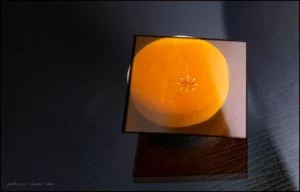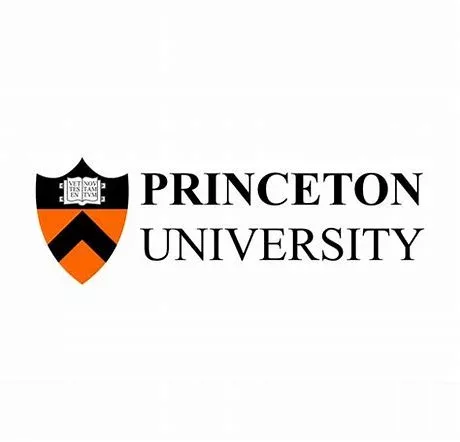
What are shadow masks, and why are they useful?
Shadow masks are thin plates with small holes and features patterned into them, used to direct and concentrate electron beams. They can provide a more cost-effective and efficient alternative to photolithography, and overturn the need for photo resist or e-beam lithography. One might use a shadow mask if it’s more compatible with the substrate used in the application.
Examples of applications for which shadow masks are used include, MEMS devices, Alignment targets, Biotech devices, electrodes and many more. Typically, the material used for shadow masks are metals like stainless steel, tantalum or tungsten. However, in certain instances, such as the Princeton project, polymers were the material of choice.
Princeton’s Project
Princeton University reached out to Potomac, asking for shadow masks for a study on quantum transport properties of specific substrates. These substances included graphene, along with other monolayer articles.
This project presented somewhat of a challenge to Potomac’s engineers because of the intricacies involved in fabricating a shadow mask. In addition to that, Princeton’s detailed design, involving features as small as 10 microns, demanded special attention. Since Potomac builds it laser systems in-house, its engineers have an intimate familiarity with each system and how to maximize their capabilities to handle the most challenging applications.
Making Shadow Masks

As with any other project, the university’s design was converted into a code compatible with our lasers. While the code provided accuracy in the design, its sizing required alteration to meet the scale of the customer’s part. Adjusting the laser’s beam through a system of lenses, Potomac engineers manipulated the machine until a 10 micron pattern was feasible. They then utilized the laser to etch Princeton’s requested pattern into 3 mil thick Kapton. The engineers and quality control verified the accuracy of the parts, despite their being nearly invisible to the naked eye.
Potomac Values Education
When Princeton and other universities contact us, we jump on the opportunity to contribute. We value education and research, and commend the school for their innovative work. As Nelson Mandela articulated, “Education is the most powerful weapon which you can use to change the world.” If you attend or work at a University, you may be eligible to receive a substantial discount on your project by participating in our Education Manufacturing Initiative.


